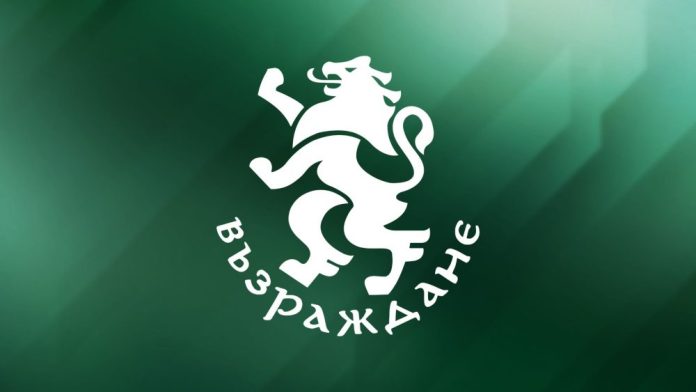On September 21, protesters gathered before the parliament building to oppose Bulgaria’s support for Ukraine in its war with Russia. They waved Bulgarian and Russian flags, blew whistles, and called for an early election. This demand comes after the country has passed five elections in the past two years.
Protesters shouted “Resignation” and threw eggs at the defense ministry, while others held signs demanding American bases leave and Bulgaria be a peaceful zone. The protest ended at the Soviet Army monument, resulting in clashes between protesters and police.
The Vazrazhdane (Revival), a far-right party that opposes the policies of the pro-Western government, organised the rally. They demanded the government’s resignation and the closure of NATO military bases.
The party was founded in August 2014 by Kostadin Kostadinov and promotes pro-Russian, anti-EU, anti-NATO, anti-American, anti-vaccine, and homophobic views.
Kostadinov is known for his anti-EU and anti-NATO positions, his sentiments against the USA and the West, the use of conspiracy theories regarding COVID-19 and climate change, and misogynistic, sexist, homophobic, racist, and xenophobic statements. Kostadinov also has anti-migrant and аnti-Macedonian views and recently described Roma people as “parasites” and “non-human vermin with no place in Bulgaria”.
As a result of the political crisis in Bulgaria from 2021 to 2023, the party experienced rapid growth. They gained 13 seats in 2021, doubled that number in the 2022 general election, and ultimately secured 37 out of 240 seats in the National Assembly in the 2023 general election. The last election results placed Revival in third place behind the two big parties.
There are concerns about rising inflation as Bulgaria approaches the adoption of the Euro. The Bulgarian government is providing financial and military support to Ukraine in its defense against Russia, and it recently lifted its ban on Ukrainian grains.
However, many Bulgarians still have a strong preference for Russia. Polls show that only 30% of Bulgarians view Russia as a threat, while more are worried about the Euro adoption.

